LASER PULSE Conducts Research for Development Workshop in Addis Ababa, Ethiopia
LASER PULSE convened its third Research for Development Workshop on Sept. 20-21 in Addis Ababa, Ethiopia, with a call to action to continue efforts toward researcher-practitioner collaboration in development research. Using its four existing projects in the region as a basis for effectiveness in research for development, LASER PULSE urged attendees to utilize its collaborative approach for development research – Embedded Research Translation (ERT) – toward better integration of research into practice in Ethiopia. The workshop was a highly participatory hybrid event, attended by close to 100 participants in person and online, of which 50% were academic researchers, 14% from USAID Ethiopia and the rest representing practitioners, private sector, government and donors.
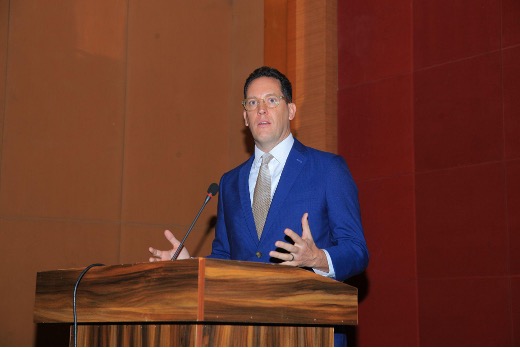
USAID bookended the event, with Sean Jones, Mission Director at USAID Ethiopia, noting the need for research for development in Ethiopia and how useful the LASER mechanism is in achieving development work, as well as creating a safe space for discussions among development actors. Tim Stein, Deputy Mission Director at USAID Ethiopia, closed day two with an emphasis on localization in development work and the need for similar conferences and closer engagements with the Mission. The State Minister of Youth Affairs Division, Ministry of Women and Social Affairs, Ethiopia, Muna Ahmed, echoed the crucial role of research and evidence in policy making. She further emphasized the importance of localization of the research.

In between, three of LASER’s Ethiopia awardees delivered presentations on their work on youth empowerment, youth engagement, and resilience. In these presentations, the awardees provided an overview of the research and its importance in informing local policy and practice. They also discussed their experience of conducting the research, utilizing the ERT approach, and compared the benefits of the approach with traditional research approaches they are used to and shared the preliminary outputs they hope to achieve through the research.
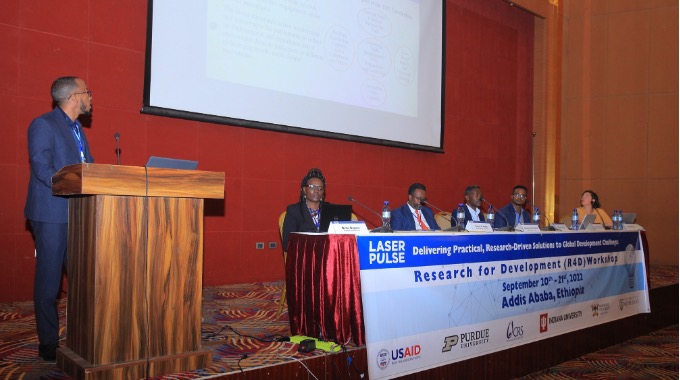
“The LASER PULSE ERT Model is unique in that it doesn’t wait until the end to engage. This has been a challenge. Practitioners will not value whatever output you have because the needs and priorities have not been taken into care in the design of the project. This is the aspect that we’ve found that is unique. We were discussing with our partners how to prioritize our objectives at the start of the project. As we were designing policy briefs and communications projects, they were with us in translating the products,” Mengsteab said.
The workshop also covered topics such as fostering resilience of communities with the ResilientAfrica Network, effective partnerships in development work in AMPATH, and reflections on LASER PULSE and how its ERT model facilitates collaborative and impactful research.
USAID chaired sessions on strategies for locally-led development, resilience and food security, higher education learning agenda, and the need for research translation to address global development challenges. Attendees also participated in poster and networking sessions, and targeted group discussions on developing impactful researcher-practitioner partnerships and effectively engaging with donors.
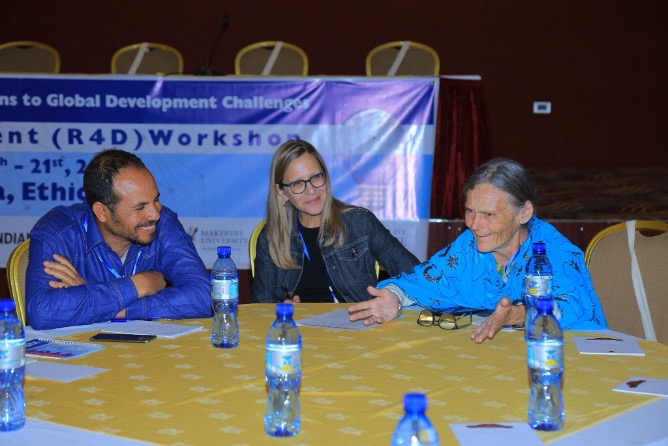
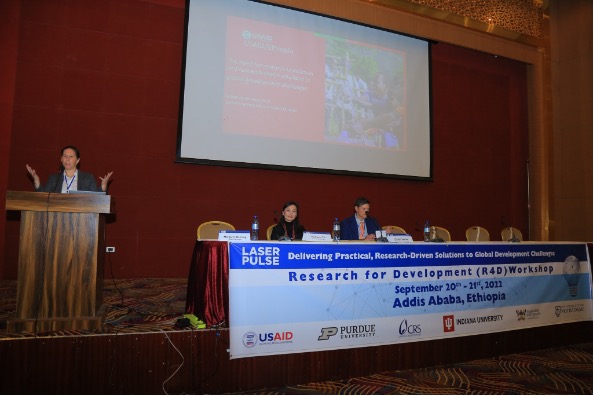
Margaret Henning on the need for research-driven solutions to global development challenges, mentioned, “We have to bring together health, community, technology. All partners have to come together to bring the change that’s needed” While calling for the local actors to convene and share successes and knowledge, Yuehwern Yih mentioned that “collaboration has a learning curve,” and requires an open mindset as well as institutional drivers, to create the space for cross-sector partnerships and aligning of incentives.
LASER PULSE Director Arvind Raman led a reflection on action items from the event, which included (1) for those interested in development research to start with the extensive LASER PULSE network and join the network by registering on the website, (2) for researchers to join in on collaborative research for development and think through innovative ways to reach impact, and (3) for local institutions to sustainably continue the LASER approach in Ethiopia by creating collaborative safe spaces for development actors to sort through issues together.
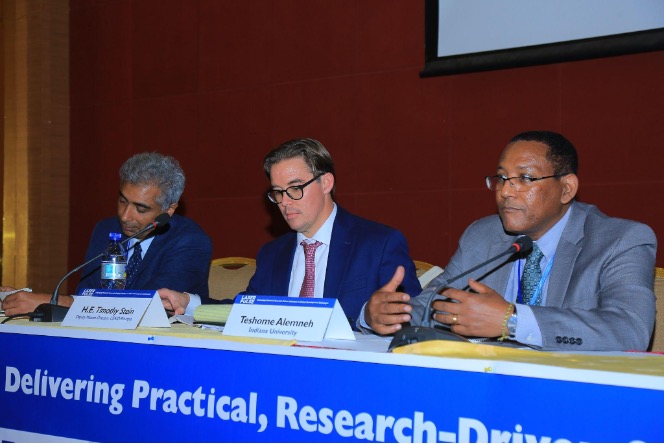
The R4D Workshop successfully brought together a variety of actors in Ethiopia to better understand how to effectively work together towards the benefit of Ethiopia. In adhering to the LASER PULSE Embedded Research Translation model, researchers and practitioners can work more closely together with donors toward development goals. A common theme of adaptability emerged throughout, where all sides, through closer and more intentional partnership, can change how research is integrated into development program cycles and move research from ivory towers to impact on the ground in the Ethiopian context.
LASER PULSE has previously convened Research for Development workshops in Uganda and Colombia.
More information about the R4D Conference including presentations can be found here.
A photo gallery from the event can be found below.
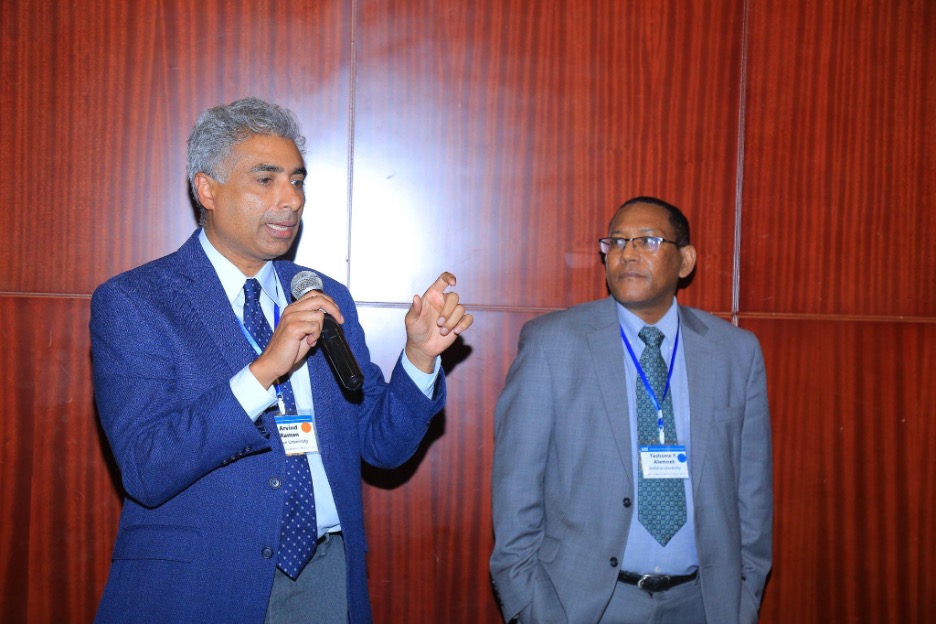
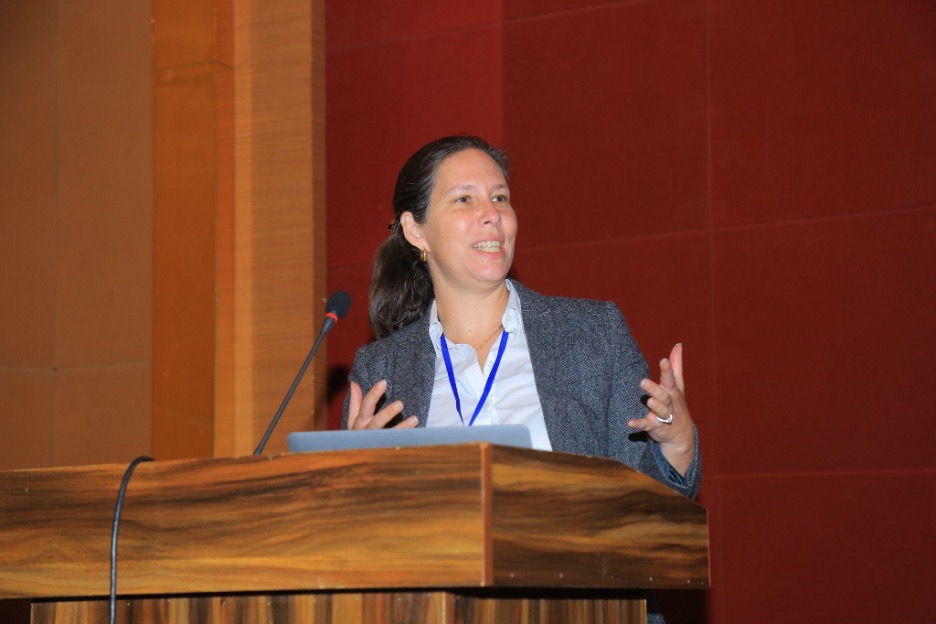
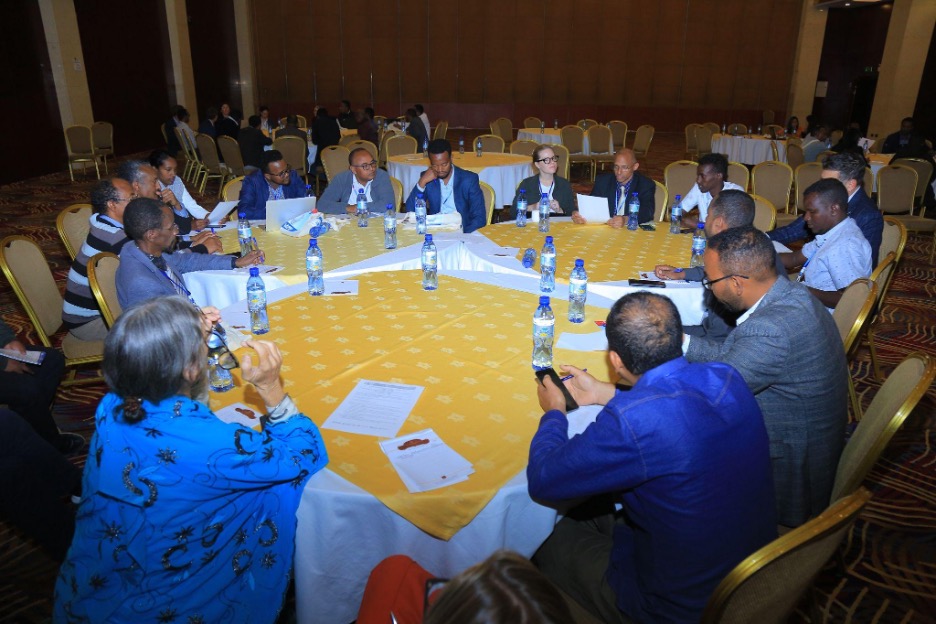
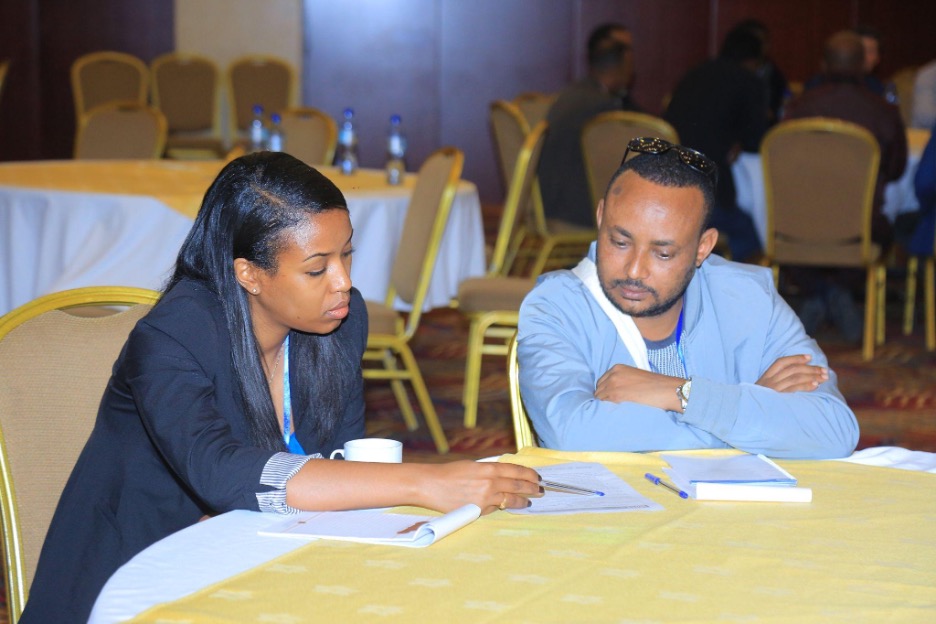
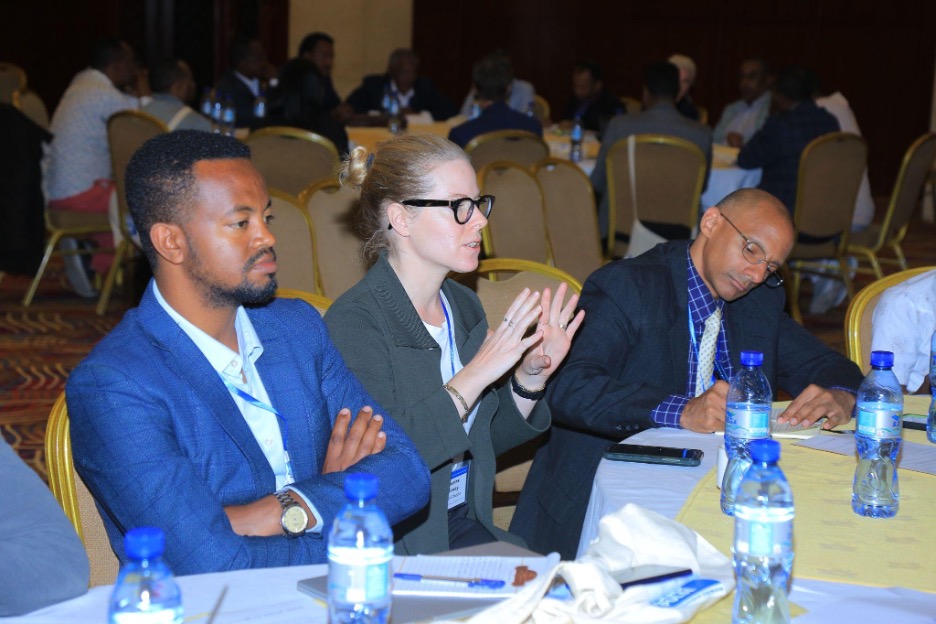
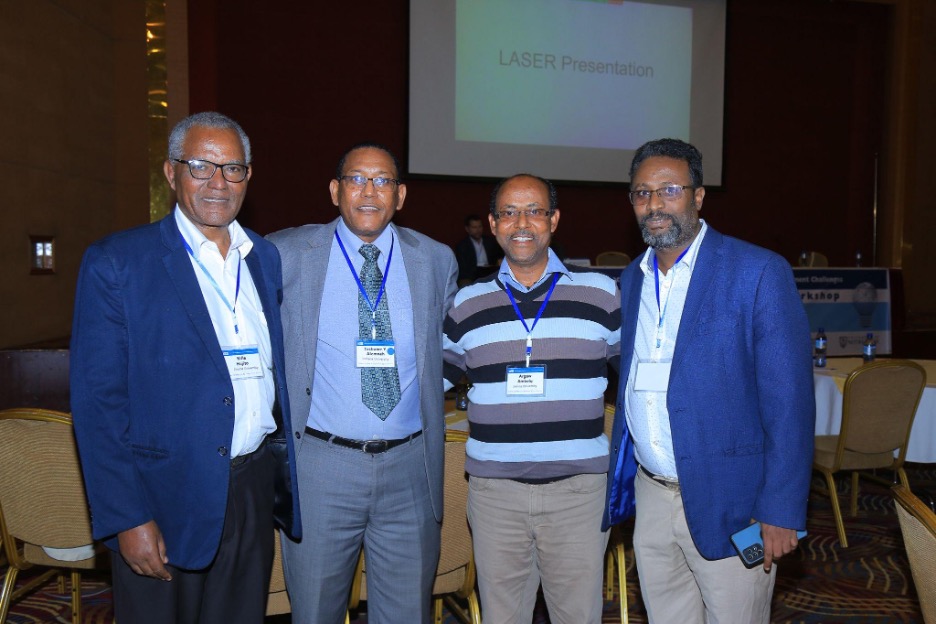
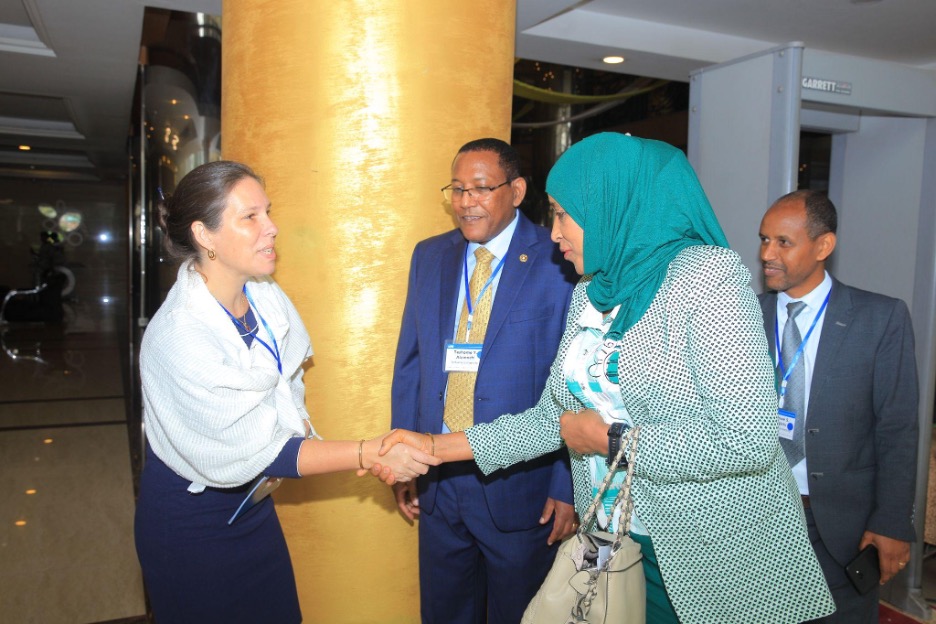
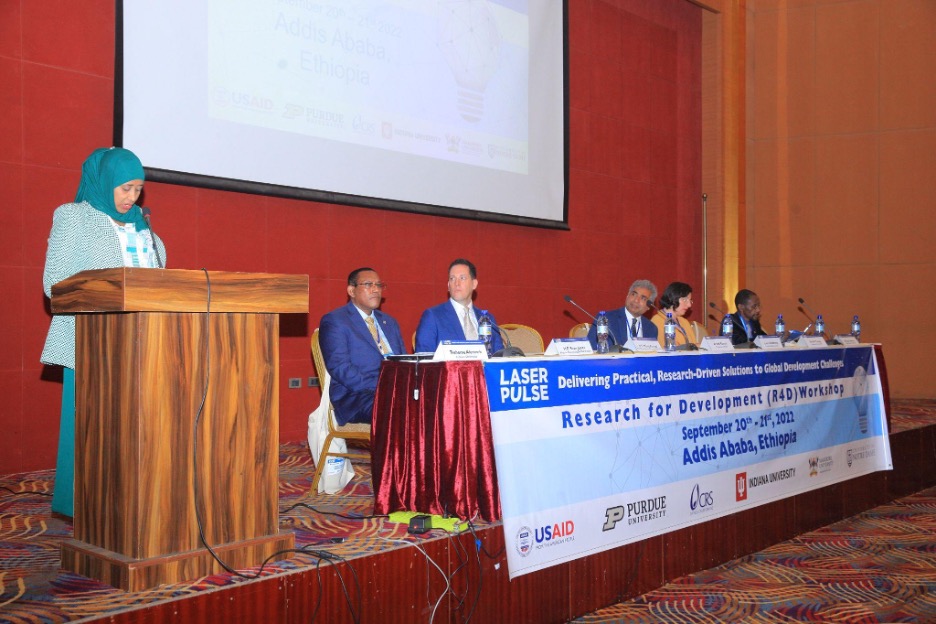
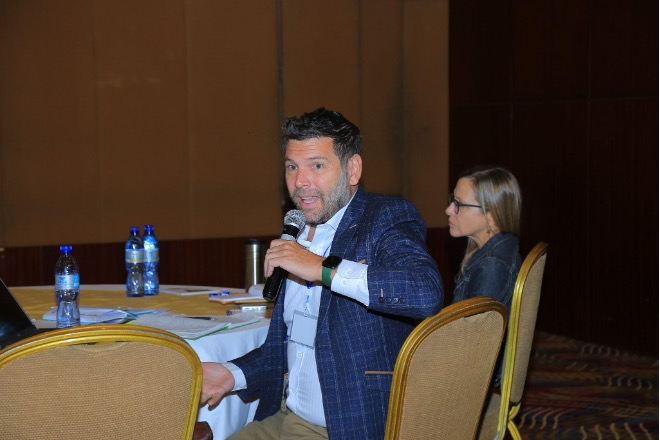
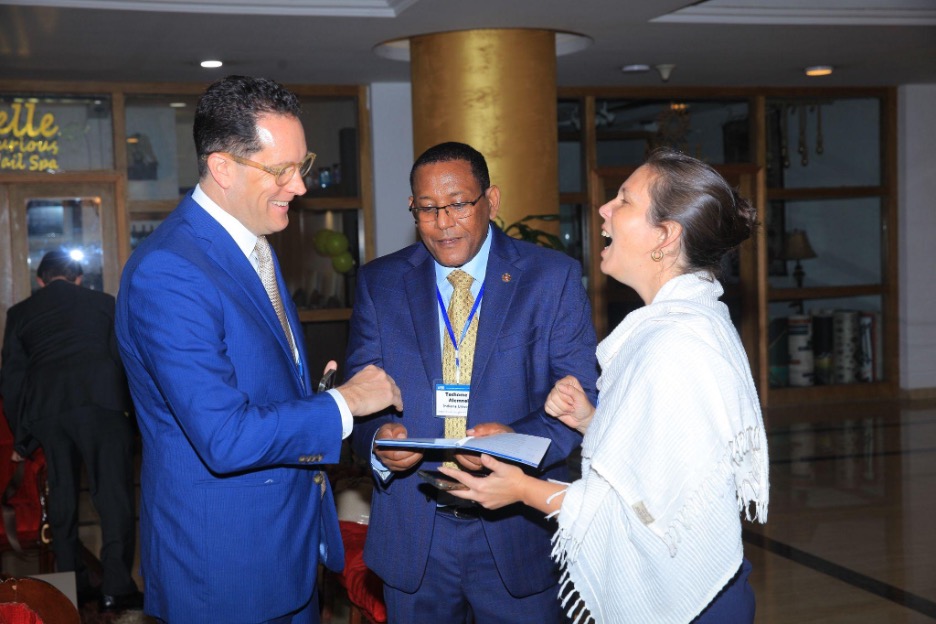
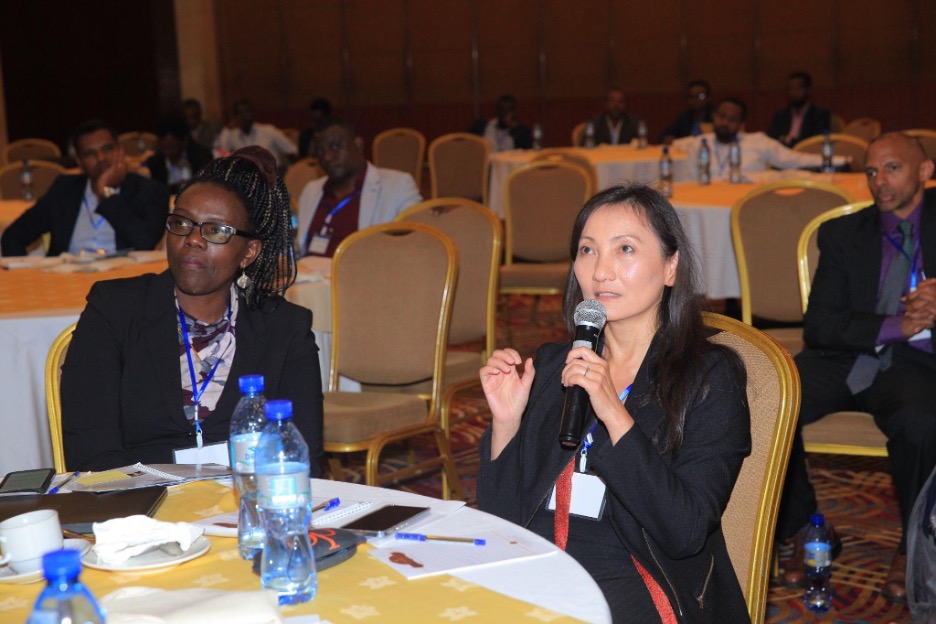
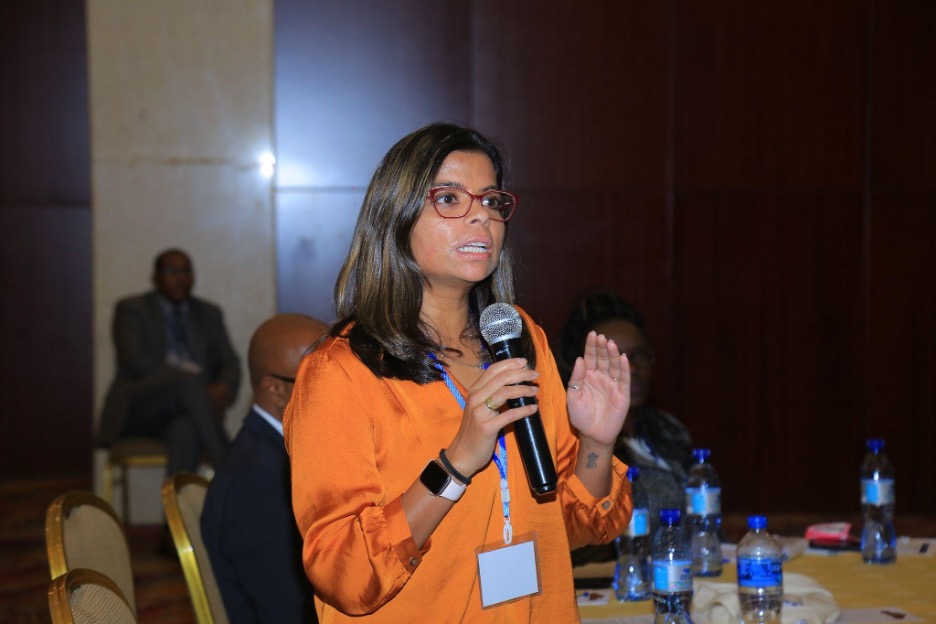
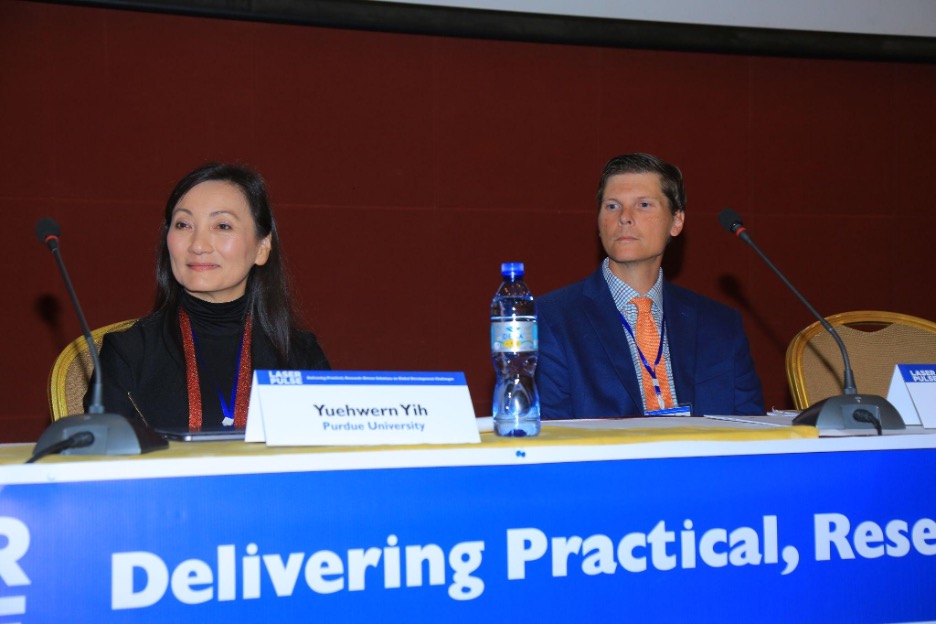
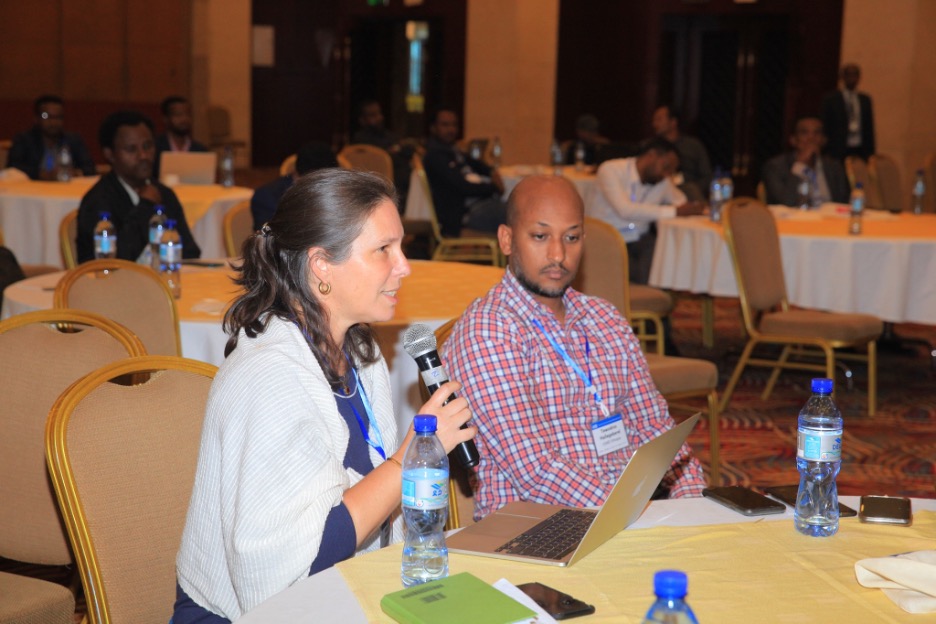
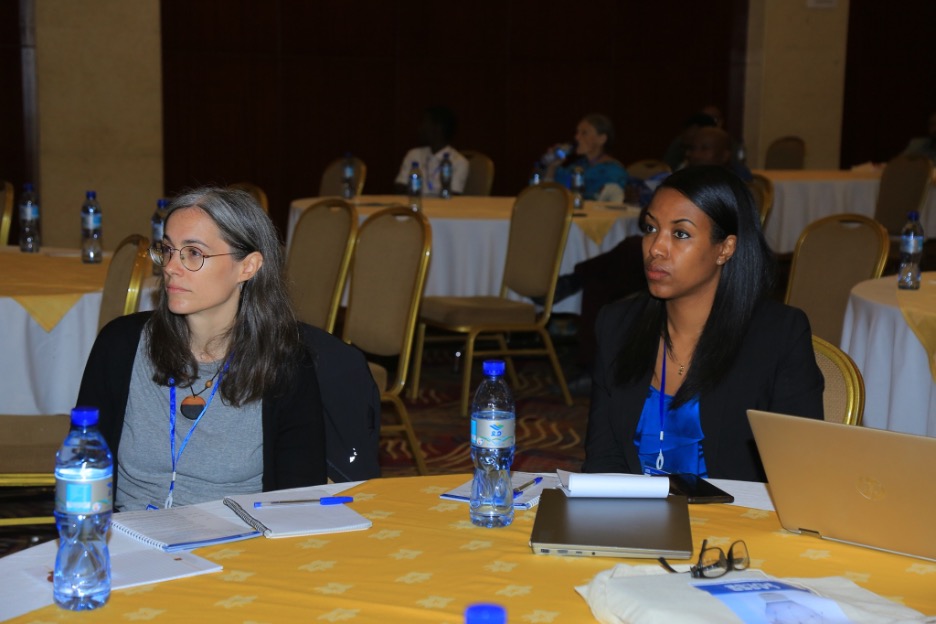
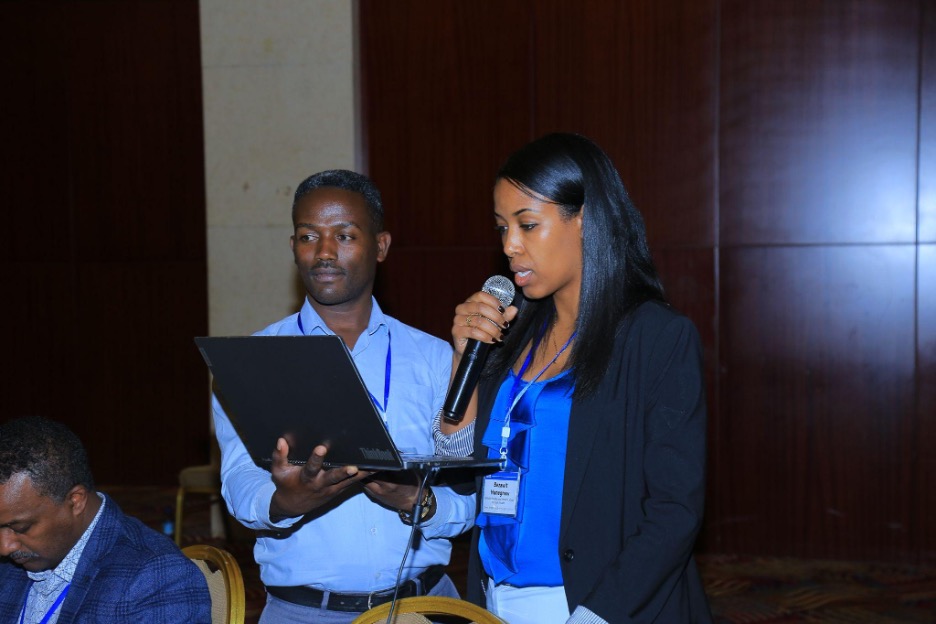
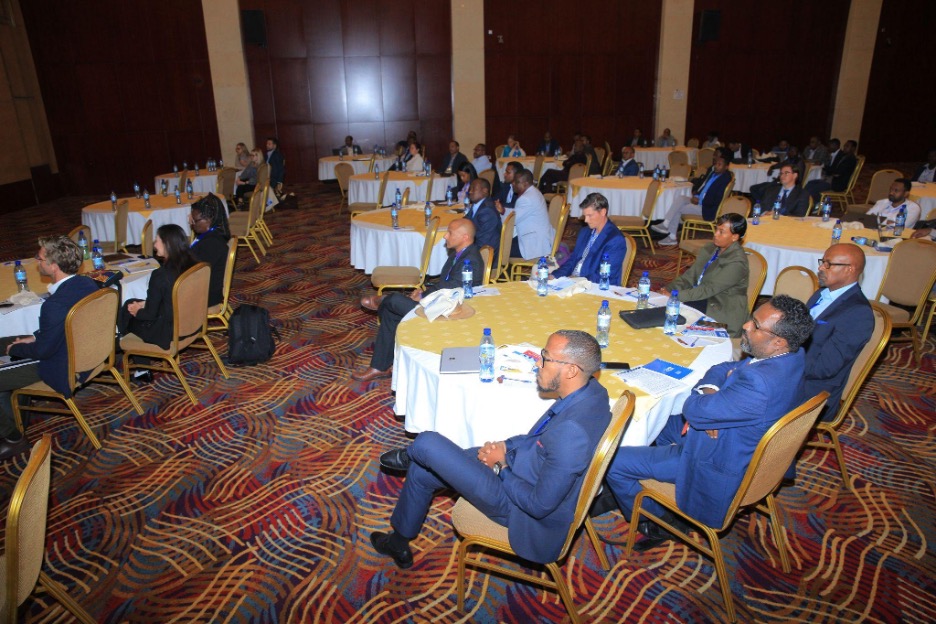
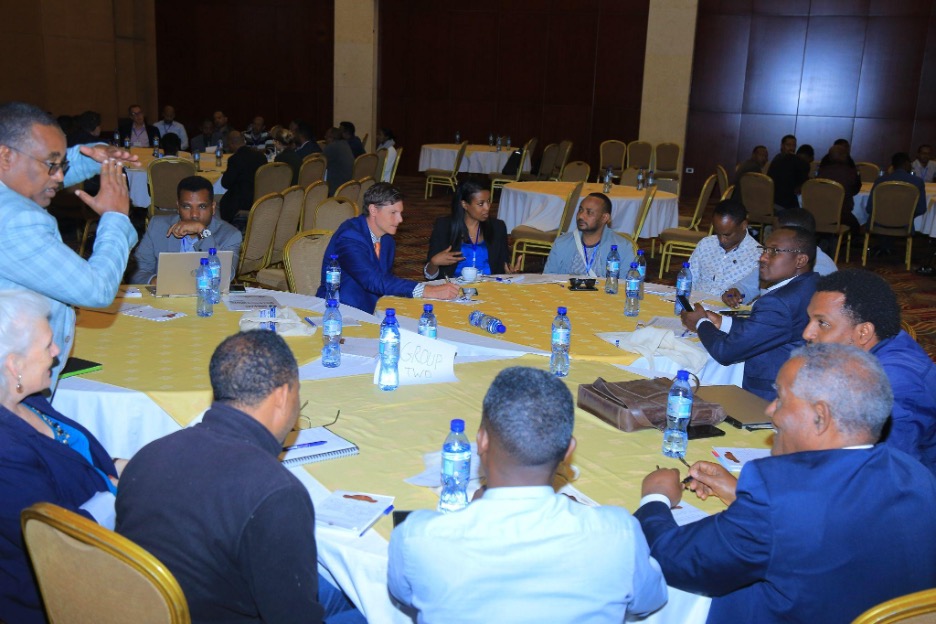
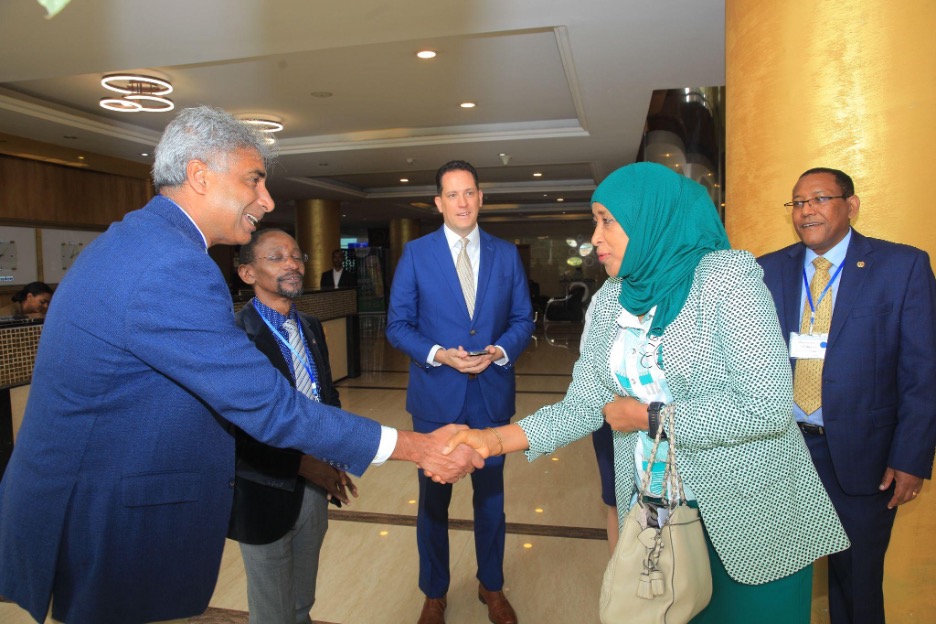
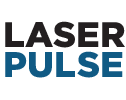
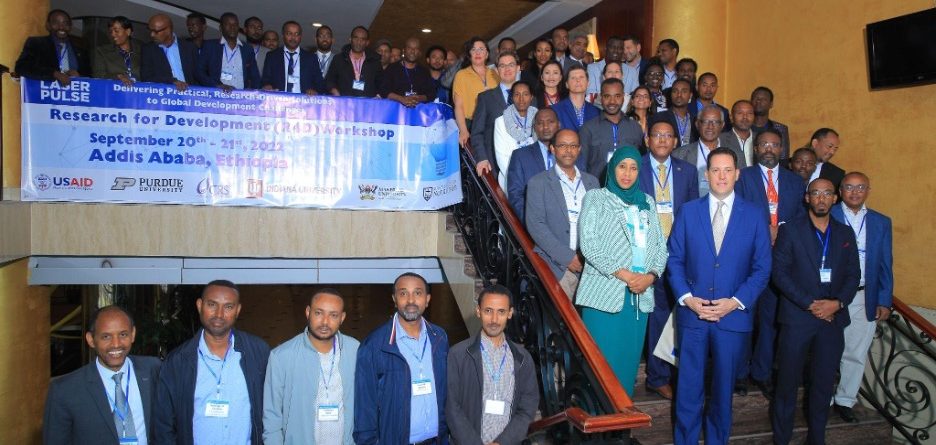
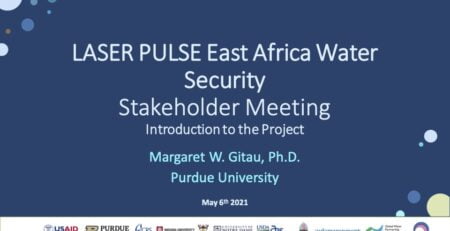
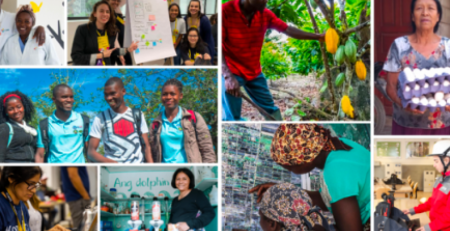
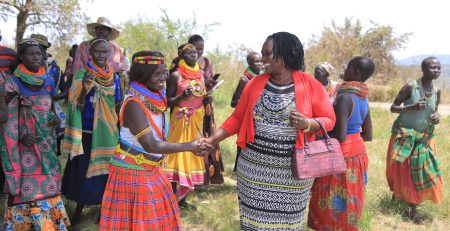
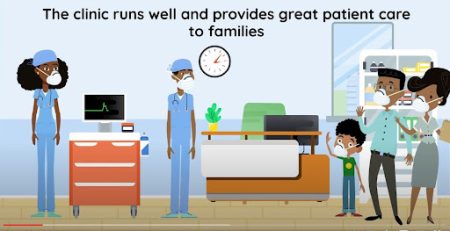
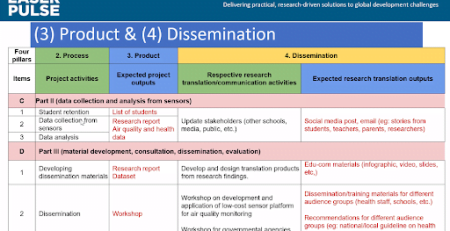
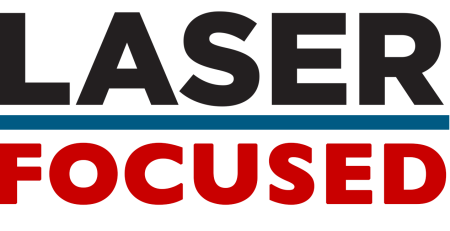
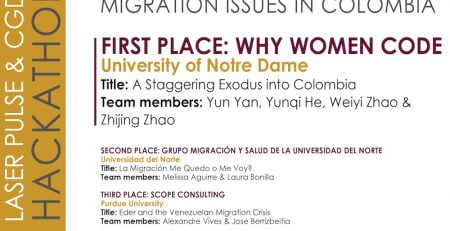
Comment (1)
[…] We also continued our efforts in strengthening development research practice by developing courses, training, and resources to support our partners (here) and brought together more than 100 stakeholders to discuss their leanings during our Research for Development Workshop in Ethiopia. (here) […]